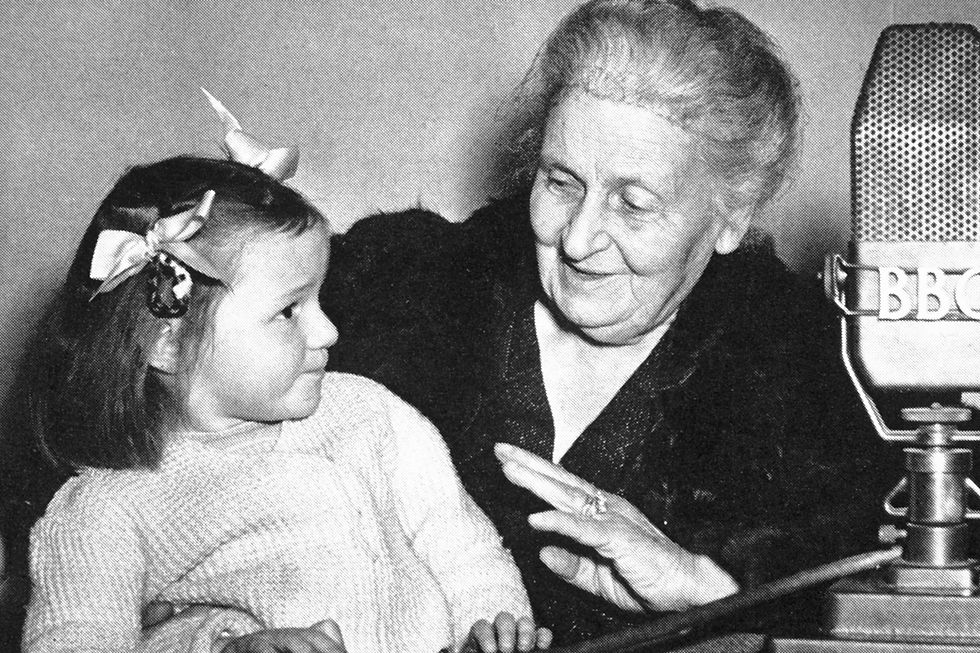What is Montessori Education Really About?
- Victor Obute
- Aug 16, 2025
- 2 min read

The Montessori Philosophy of Education is named after Maria Montessori, an Italian physician and educator, who developed this innovative educational approach in the early 20th century. Montessori observed that children possess an innate ability to initiate their own learning processes, which led her to design a unique educational environment that fosters independence, curiosity, and a love for learning. This philosophy emphasizes the importance of child-led exploration, allowing students to engage with materials and concepts at their own pace, thereby promoting a deeper understanding of the world around them.
At the core of the Montessori method is the belief that education should be tailored to the individual needs and interests of each child. Montessori classrooms are characterized by a carefully prepared environment filled with specialized learning materials that are designed to be self-correcting. This setup encourages children to take responsibility for their own learning and to develop critical thinking skills as they explore various subjects, including mathematics, language, science, and the arts. Teachers in Montessori settings act as guides or facilitators rather than traditional instructors, observing children’s interests and providing support and guidance when necessary.
Furthermore, the Montessori Philosophy promotes mixed-age classrooms, which allow younger children to learn from older peers while older children reinforce their knowledge by teaching concepts to their younger classmates. This collaborative learning environment nurtures social skills, empathy, and a sense of community among students, as they work together on projects and share in the learning experience. Montessori education also places a strong emphasis on hands-on learning, where children engage with tactile materials that enhance their understanding of abstract concepts through practical experience.
In addition to academic growth, the Montessori approach emphasizes the development of the whole child, including emotional and social growth. Montessori believed that education should not only focus on intellectual development but also on fostering independence, self-discipline, and respect for oneself and others. By providing children with the freedom to choose their activities and make decisions about their learning, the Montessori method cultivates a strong sense of self-motivation and confidence, preparing them to become lifelong learners and resp
onsible global citizens.
Overall, the Montessori Philosophy of Education represents a transformative approach to teaching and learning, rooted in the understanding that children are naturally curious and capable of directing their own educational journeys. Through this method, Montessori has left a lasting impact on educational practices worldwide, inspiring educators to create environments that honor the unique learning styles and developmental needs of each child.







Comments